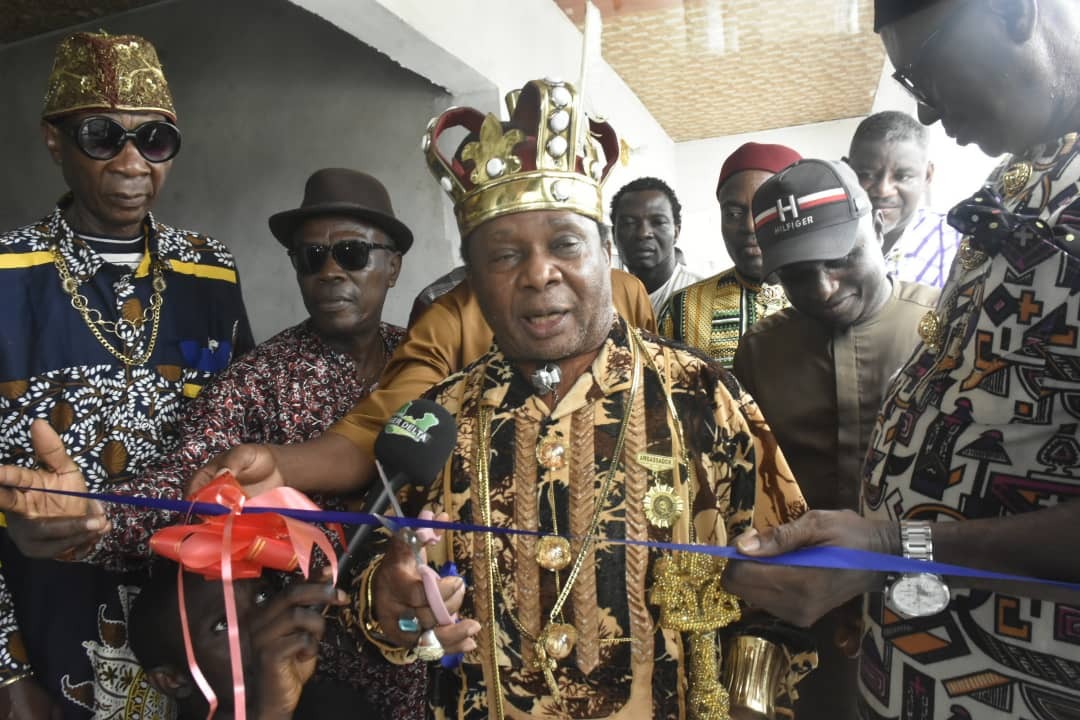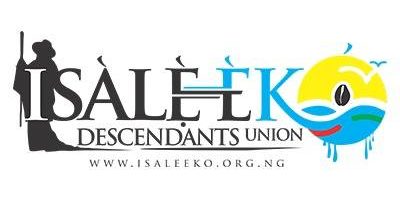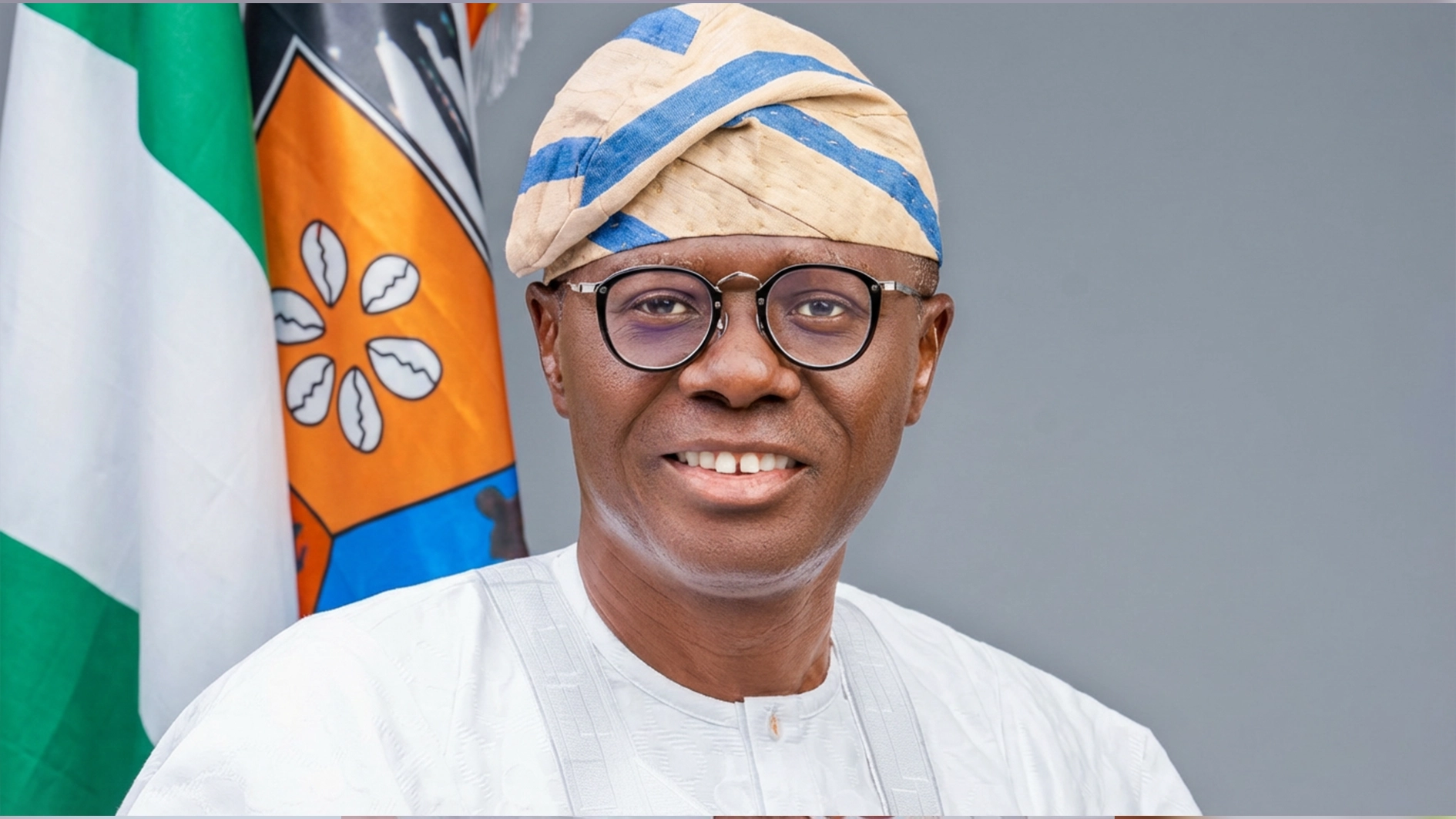The Kaduna State Government has established Literacy and Vocational Skills Centres to equip victims of substance abuse and mental health challenges with critical life skills.
Under the intervention programmes, Governor Uba Sani has restructured the treatment of substance abuse and mental health into a proactive, integrated, and compassionate public health framework, now internationally recognised as The Kaduna Model.
Director General of the Kaduna State Substance Abuse and Mental Health Services Agency (KADSAMHSA), Dr. Joseph Ike, disclosed this during a press briefing on Wednesday in Kaduna as part of activities marking World Mental Health Day.
“The Rigasa Centre recently graduated 200 children from its six-month foundational literacy programme. The Unguwan Muazu Centre runs an urban agriculture programme in fish farming and horticulture, while the Kawo Centre is set to train 90 adolescents in jewellery making and hardware repair,” he said.
Ike described the reform of the justice system’s response to drug-related offences as one of the most groundbreaking pillars of the Kaduna Model, shifting focus from punitive to rehabilitative measures.
According to him, Kaduna is the first and only jurisdiction in Sub-Saharan Africa to design and implement a comprehensive Alternatives to Incarceration (ATI) programme in partnership with the United Nations Office on Drugs and Crime (UNODC).
The initiative diverts individuals charged with minor, non-violent offences due to substance use disorders away from prison and into mandatory treatment.
“This compassionate and pragmatic approach addresses the root cause of criminal behaviour, breaking the cycle of addiction and incarceration,” Ike said.
He explained that Governor Sani’s administration has replaced the outdated colonial-era framework with a modern, rights-based system of mental healthcare. Central to this reform is the Kaduna State Mental Health Bill, which repealed the oppressive Lunacy Act of 1954 and established mental health as a fundamental human right.
The governor has also adopted the World Health Organization’s Mental Health Gap Action Programme (mhGAP) by integrating mental health into general healthcare. The inaugural training cohort, according to Ike, equipped 100 frontline health workers — including doctors, nurses, and pharmacists from 10 General Hospitals — with skills to diagnose and manage common mental health conditions.
He explained that the Kaduna Model rests on four pillars: Expanding the Frontiers of Care; A Community-First Approach; Investing in Our Future; and A Paradigm Shift in Justice and From Stigma to Support.
The framework, he said, has been formally recognised by the UNODC, positioning Kaduna as a national trailblazer. The state is also set to host the first North West Governors’ Forum on Drug Abuse and Security in collaboration with the UNODC, NDLEA, and other international partners.
Under the Community-First pillar, Ike noted that cost and distance remain major barriers to treatment. To address this, the state established 20 community-based Drop-In Centres within existing Primary Health Care facilities. By offering all services free of charge, over 20,000 clients have received care in the first year alone.
Governor Sani also commissioned the first Community-Based Treatment and Recovery Centre in May 2024, which has provided residential rehabilitation to 116 individuals. Three additional centres are already being developed to expand capacity.
According to Ike, the Kaduna Model also promotes prevention through the Kaduna Children Amplified Prevention System (Kd-CHAMPS) — a framework adapted from the UNODC model to provide resilience-building interventions for children and adolescents, including those out of school.
He added that the Unplugged school-based drug prevention programme, implemented in partnership with the Ministry of Education and supported by the MTN Foundation, has trained over 200 teachers and reached more than 17,000 students with life-skills education.
Kaduna has also become the first location in Africa to implement the UNODC’s LULU sports-based prevention programme at scale, training 32 community coaches and reaching 960 at-risk adolescents during its pilot phase.






